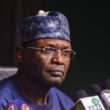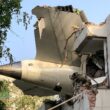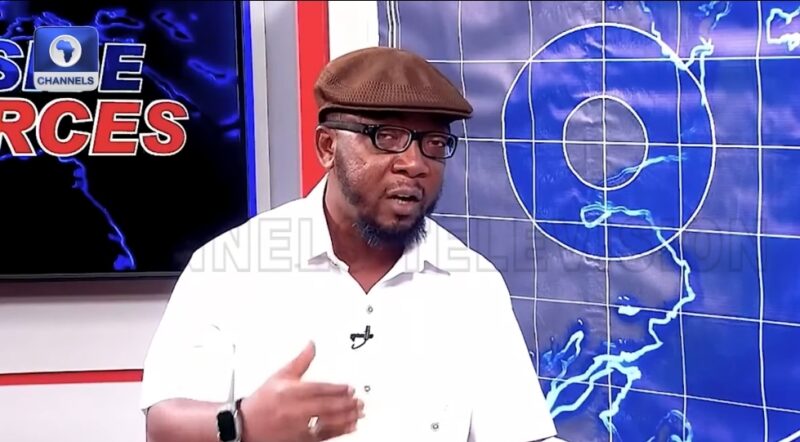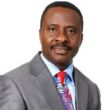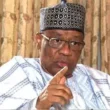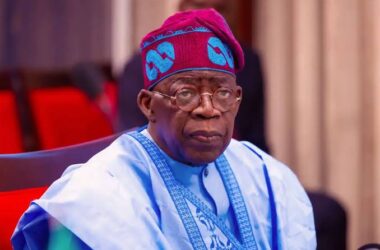The National President of the Congress of University Academics (CONUA), Dr. Niyi Sunmonu, has shed light on the reasons behind the breakaway of his group from the Academic Staff Union of Universities (ASUU).
Speaking on Inside Sources with Laolu Akande on Friday, Sunmonu, an Associate Professor of Atmospheric Physics at Obafemi Awolowo University (OAU), detailed the factors that led to the formation of CONUA and the broader challenges facing Nigerian academics.
Dr. Sunmonu traced the origins of CONUA to events that began in 2013 at OAU. He recounted how the ASUU National Executive Council (NEC) took a controversial decision to cancel an entire election instead of disqualifying candidates accused of irregularities. The situation escalated in 2016 when another election was conducted ahead of the selection of a new Vice-Chancellor at the university.
“The ASUU Executive at the time sold out to a particular candidate among other contenders for the Vice-Chancellorship,” Sunmonu alleged. “That divided the union’s membership and created deep-seated distrust.”
The crisis prompted some academics to seek an alternative, leading to the formation of CONUA in 2018 as a distinct union representing university lecturers.
Beyond the internal wrangling within ASUU, Sunmonu also discussed the deteriorating economic conditions affecting Nigerian academics and salary earners in general. He lamented that inflation, which hovers between 30% and 35%, has significantly reduced the purchasing power of Nigerians, making it difficult for many to afford three square meals a day.
“The salaries of academics have remained stagnant for a long time, yet the cost of living continues to rise due to policies implemented on May 29, 2023, particularly the floating of the naira and the removal of fuel subsidies,” he stated.
Sunmonu also criticized the government’s lack of faith in Nigerian academics, noting that officials frequently organize retreats and conferences outside the country rather than investing in local solutions.
According to Sunmonu, while it is important to engage with global knowledge and best practices, the application of these ideas must be tailored to Nigeria’s unique challenges. “No matter what we learn from abroad, the solutions must be adapted to fit our local context. Nigerian academics who understand these realities are best positioned to provide effective solutions,” he emphasized.
Despite initial resistance, CONUA has gained traction as an alternative to ASUU. Sunmonu believes that the union provides a more independent and pragmatic platform for addressing the challenges faced by Nigerian academics.
With the ongoing economic difficulties and continued struggles for improved working conditions in universities, CONUA’s emergence signals a shift in how university lecturers organize themselves to engage with the government and seek better representation.



